
Type 2 diabetes — formerly known as adult-onset or non-insulin diabetes — is different from type 1 diabetes. Instead of not being able to produce insulin, which plays an important role in glucose (sugar) metabolism), at all, the body of someone with type 2 diabetes is unable to use the insulin that it does produce efficiently. Unless treated properly, type 2 diabetes leads to high blood sugar levels.
If you have been diagnosed with type 2 diabetes or prediabetes, your doctor may first encourage you to make lifestyle changes — change your diet, eat healthy, exercise regularly, and try to keep your weight within the healthy range. If these changes cannot get your blood sugar levels under control, your doctor's next step would be to prescribe medication for type 2 diabetes. You may be given one medication, or be prescribed several at once.
Some of the medications prescribed for people who have type 2 diabetes come in the form of tablets taken orally, and others must be injected. These medications can work in three ways — they can stimulate the production of insulin in the pancreas, inhibit the production and release of glucose from the liver (your body needs less insulin that way), or the drugs may increase tissue sensitivity to insulin.
What medications might your doctor prescribe for type 2 diabetes?
Some medications are known to improve the effects of insulin. Metformin (Fortamet, Glucophage, others), which is usually the first-choice medication for type 2 diabetes, is one of them. It is taken by mouth, and it may worsen LDL ("bad") cholesterol and triglyceride levels, cause nausea and diarrhea, and sometimes cause a increase of lactic acid. Metformin does not cause weight gain and often aids people in their weight loss efforts.
Saxagliptin (Onglyza) and Sitagliptin (Januvia) are taken by mouth. Side effects of these tablets include respiratory infections, sore throat and headache, and there is a possibility of pancreas problems when using sitagliptin. These drugs do not affect weight.
Exenatide (Byetta) injected, two times a day. Possible problems may be weight loss, nausea, headache, dizziness, and in some cases even serious kidney problems.
Repaglinide (Prandin) and Nateglinide (Starlix) are taken orally, three times a day. Side effects can include excessively lowered blood sugar and weight gain.
Glipizide (Glucotrol), Glimepiride (Amaryl) and Glyburide (DiaBeta, Glynase) are all medications taken by mouth, and they might be combined with other diabetes medications. Low blood sugar levels, nausea, and weight gain are the most likely side effects.
Rosiglitazone (Avandia) and Pioglitazone (Actos) also improve the effectiveness of insulin. Those are oral medications, and they affect both "good"(HDL) and "bad" (LDL) cholesterol. Also, they might cause swelling and weight gain, worsen heart failure, and increase the risk of heart attack. Problems with the liver are rare side effects.
Acarbose (Precose) and Miglitol (Glyset) affect the absorption of food. These medications for type 2 diabetes are taken by mouth, three times a day. When using these medications it is possible to experience nausea and diarrhea, but you won’t gain any more weight.
When choosing the best treatment for type 2 diabetes, your doctor will take your specific situation into account. A healthy lifestyle, which includes eating a healthy diet, regular physical activity, and healthy body weight can significantly reduce your need for diabetes medications.


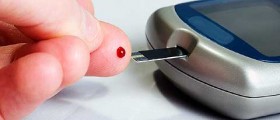

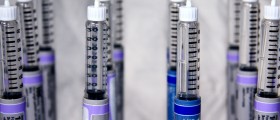

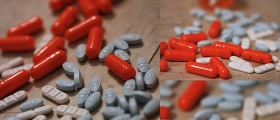


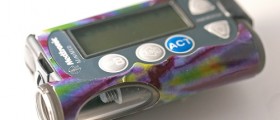

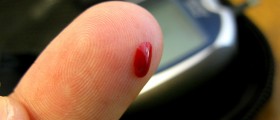


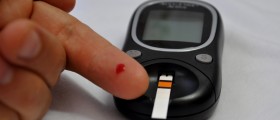

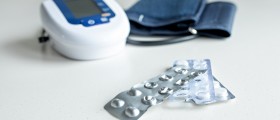
Your thoughts on this
Loading...